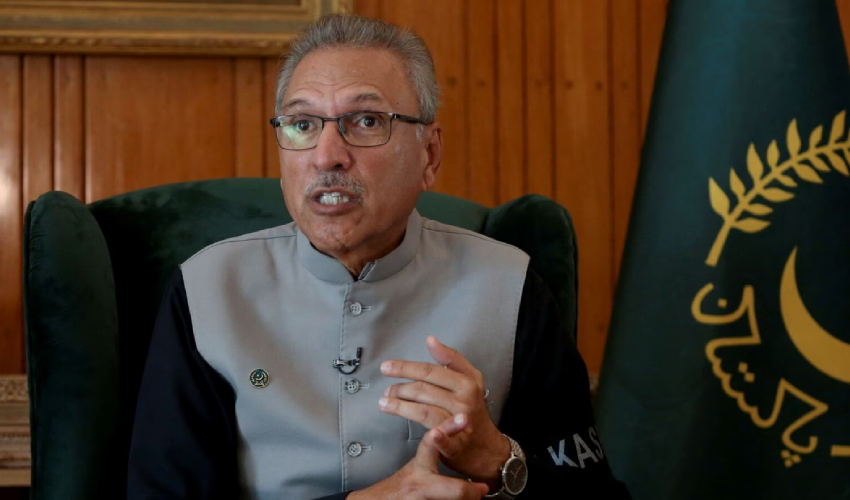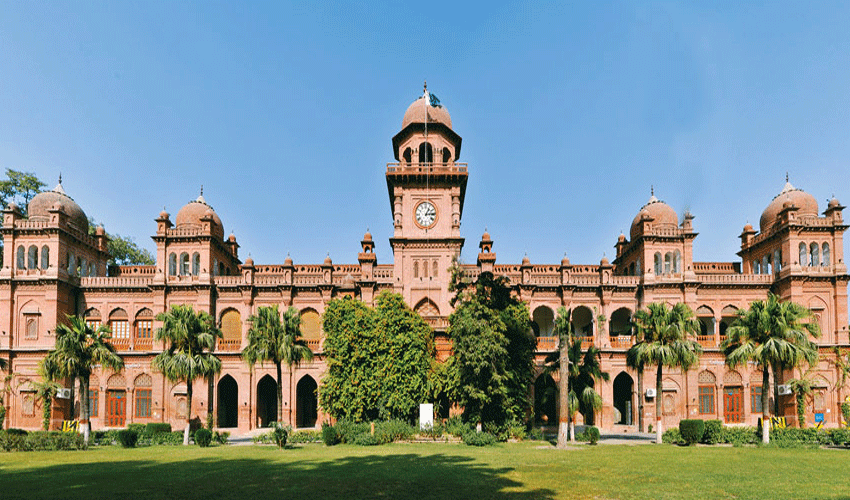The political landscape in the country took a dramatic turn as President Arif Alvi summoned a meeting of the National Assembly today with the expectation of solving the issue of reserved seats.
The President’s decision comes against the backdrop of a summary forwarded by the caretaker prime minister, which has sparked controversy and raised concerns.
Expressing his expectations of finding a resolution to the matter of reserved seats, President Alvi gave his approval for the meeting.
However, the summary submitted by the caretaker prime minister has drawn criticism from the President, who described the tone and allegations as regrettable.
In a rare move, President Arif Alvi highlighted his reservations about the response from the caretaker Prime Minister, stressing that such language and baseless allegations were unacceptable.
As the head of the state and symbol of the republic’s unity under Article 41, the President emphasized the importance of upholding principles of impartiality, especially when addressing the President of the country.
President Alvi underscored the oath and responsibilities that dictate a commitment to always prioritize the principles of impartiality.
He pointed out that irregularities in the electoral process and the establishment of the government cannot be ignored, emphasizing the need to look after the national interest for the betterment and harmony of the nation.
The President’s decision to return the summary of the National Assembly meeting under Article 48-1 adds a layer of complexity to the unfolding political dynamics, raising questions about the path forward and the potential impact on the resolution of the reserved seats issue.
Earlier, NA Speaker Raja Pervez Ashraf issued scheduled for the inaugural session of Pakistan's newly elected 16th National Assembly will be convened on Thursday at 10 am without the formal approval of President Dr. Arif Alvi.
The newly elected members are expected to take their oath during this session, marking the formal commencement of their parliamentary duties.
The convening of the National Assembly marks a crucial step in the democratic process following the recent elections. The session will see the newly elected members assemble, take their oaths, and begin their legislative duties. The specific agenda and details of the session are expected to be released closer to the date.
Earlier, the federal government and President Dr Arif Alvi on Tuesday locked horns over the National Assembly session. Hitting out at the president, the federal government opined: “There is nowhere in Article 91 that the NA session cannot be convened if the parliament is not complete.”
“The president has no authority to stop the NA session, according to Article 54. It is not the ordinary, but the extraordinary session is all about demanding the fulfilment of the constitutional requirements,” said the government.
The centre was of the view that it was mentioned nowhere in the constitution that the NA session could not be summoned if there were no reserved seats.
Sources revealed that the federal government had asked the president to review his decision.
“According to clause 2 of Article 91, convening the NA session following the elections after 24 days is compulsory. The NA session will be held on February 29, even if the president does not convene a meeting on this date,” the federal government stated.



























